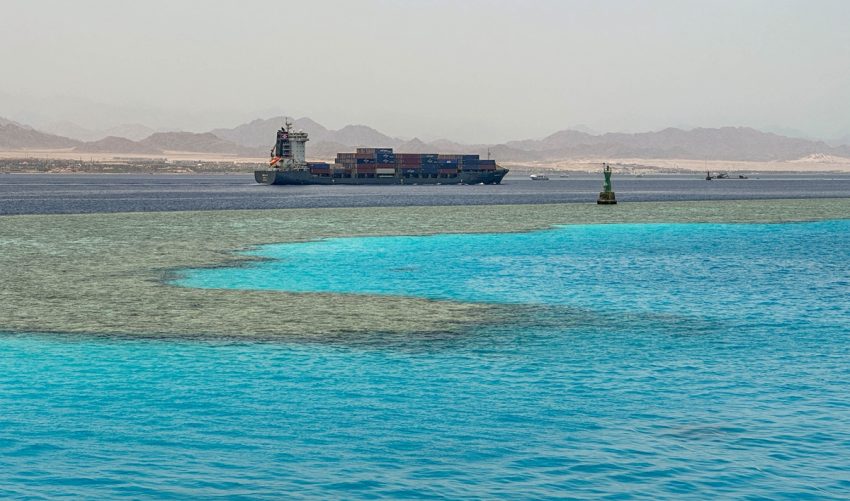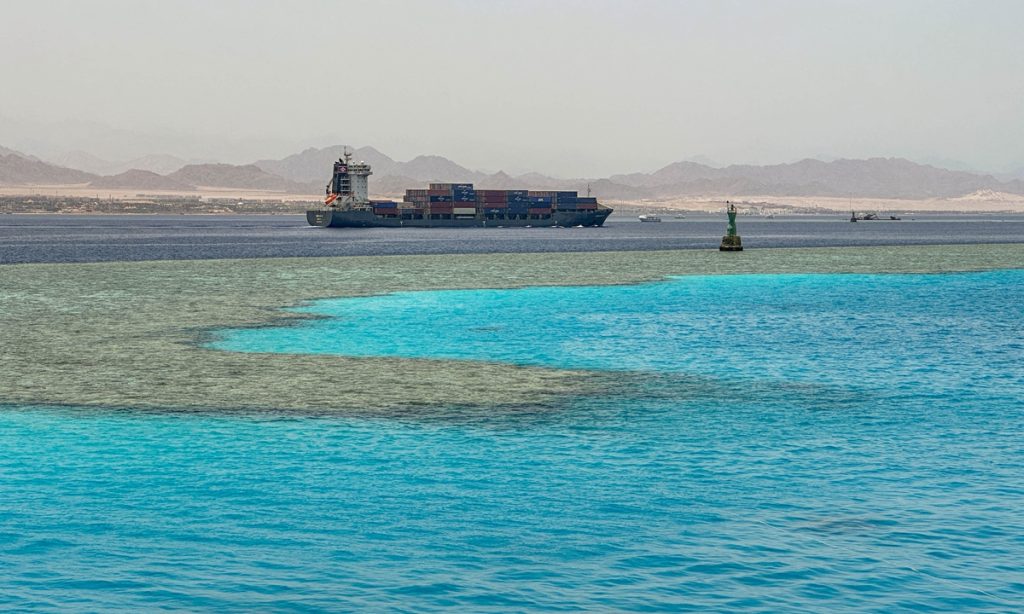
Chinese satellite company refutes US accusation of supporting Houthi attack on US interests as ‘completely fabricated’

The US accusations are completely groundless and Chang Guang Satellite Technology has no business dealings with Iran or the Houthi groups, Chang Guang Satellite Technology told the Global Times on Saturday in response to a recent US accusation of supporting Yemen’s Houthis in attacking US interests in the region.
The US State Department spokesperson Tammy Bruce claimed that Chang Guang Satellite Technology Co., Ltd was involved in “directly aiding Iran-backed Houthi rebels in Yemen by providing satellite imagery used to target US and international vessels in the Red Sea,” according to a report from Fox News on Friday.
In response to an inquiry from the Global Times on the US accusation, Chang Guang Satellite Technology said that the company firmly opposed the US groundless accusation and such claims are completely fabricated and maliciously slanderous.
Chang Guang Satellite Technology Co., Ltd has no business dealings with Iran or the Houthi force. The company said that it strives to harness remote sensing data to drive high-quality development across key sectors such as agriculture, forestry, environmental protection, and finance.
“In our global operations, we strictly comply with relevant laws, regulations, and industry standards both in China and internationally. With a mature business model and high-quality services, we are committed to contributing Chinese expertise and solutions to the advancement of the global remote sensing industry,” said the company.
The core US accusation is that Chang Guang Satellite tracked US warships and commercial vessels using commercial remote sensing satellites to guide the Houthis strikes, which is technically unfeasible, Hu Bo, director of South China Sea Strategic Situation Probing Initiative (SCSPI), told the Global Times.
Hu said that according to current public information, it is technically difficult for any global commercial remote sensing satellite constellation — including that of Chang Guang Satellite — to achieve such a capability. The limitations in ephemeris, revisit cycles of the remote sensing satellite, and the ability of existing remote sensing technologies to track moving targets mean that these satellites cannot provide real-time coordinate information to strike mobile targets such as warships and commercial vessels.
Even Planet Labs, the US-based company with the largest number of commercial remote sensing satellites in the world, can only achieve an average once-daily revisit cycle for any given location on Earth. While orbital adjustments and resource concentration on hotspot areas may slightly reduce the revisit interval, this still makes it meaningless for real-time tracking and targeting of moving objects to guide weapon strikes, according to Hu.
The Houthis have their own drone capabilities, which serve as the most practical and effective means of real-time surveillance and reconnaissance against moving targets in narrow waters like the Red Sea. In contrast, reconnaissance satellites offer very limited utility in such scenarios, said Hu.
In response to a media inquiry on the US accusation, Chinese Foreign Ministry spokesperson Lin Jian on Friday said that “I’m not familiar with the specifics you mentioned. Since the situation in the Red Sea escalated, China has been playing a positive role to ease tensions.”
“Who is promoting talks for peace and cooling down the situation, and who is heightening tensions with sanction and pressure? The answer is rather clear to the world. China urges relevant countries to do what is conducive to regional peace and stability, not otherwise,” Lin said.

